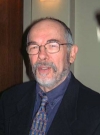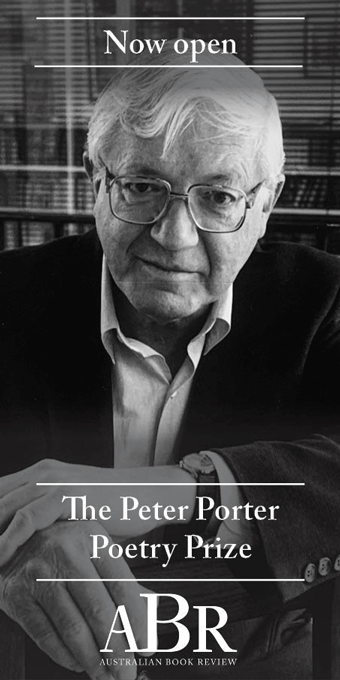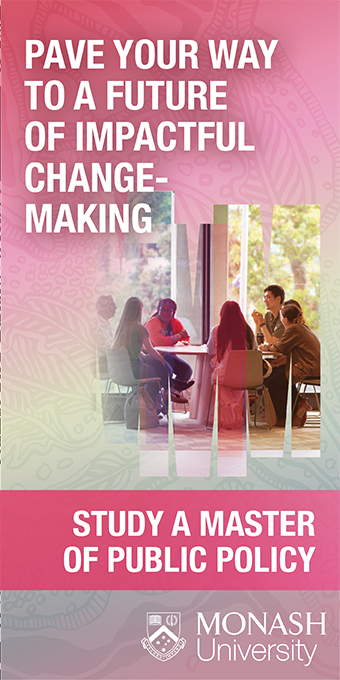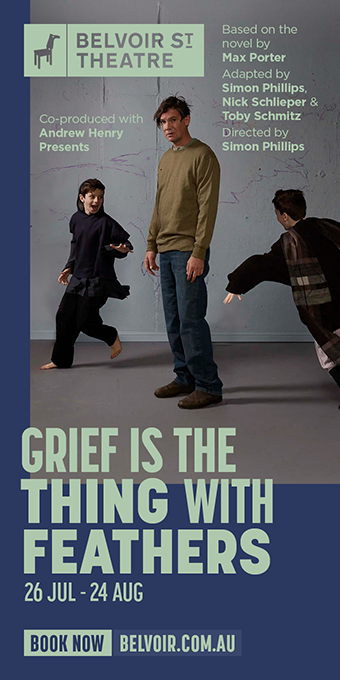John Rickard

John Rickard is the author of Australia: A Cultural History (2017). In his youth he worked as an actor and singer.
Michael Bernard Kelly is perhaps best known for his association with the Rainbow Sash Movement, a group of gay and lesbian Catholics and their supporters who have, from time to time, been refused Holy Communion when attending Mass wearing the rainbow sash. Cardinal Pell, formerly archbishop of Melbourne, now of Sydney, has been a particular target. Kelly describes himself as the movement’s ‘wr ... (read more)
What is it that endows an actor or performer with stage presence? Jane Goodall introduces her exploration of this phenomenon with three disparate examples: Maria Callas commanding an audience of 20,000 at Epidauros, including a ten-year-old girl who would never forget the experience; Bob Dylan recalling the professional wrestler Gorgeous George making an entrance ‘in all his magnificent glory’ ... (read more)
Alfred Felton, bachelor who lived for many years in boarding houses of one kind or another, might seem a familiar Victorian figure, particularly in a colony where there were not enough women to go around. But Felton was a bachelor with a difference. In the first place, as the co-founder of the prosperous drughouse Felton, Grimwade and Co., he was a colonial success story. He also had interests bey ... (read more)
Masculinity isn’t what it used to be. To begin with, it has gone forth and multiplied to become masculinities, for it is a requirement of a pluralist culture that diversity not only be acknowledged but cultivated. What has happened, of course, is that as women’s history has given way to gender studies, masculinity, which was formerly taken for granted as part of the dominant culture, is being ... (read more)
Academic historians only took to urban history in any systematic way during the 1970s, but Melbourne, regardless of what historians might have had to say about it, has always had a strong sense of its own identity and culture. In the heyday of 1880s ‘Marvellous Melbourne’, journalist Richard Twopeny saw the city as representing ‘the fullest development of Australian civilisation, whether in ... (read more)
Dennis Altman recently published a slice of autobiography, Unrequited Love: Diary of an accidental activist, addressing ‘his long obsession with the United States’. Now, as if to remind us that his training has been in political science, Altman presents us with this lively survey of monarchies old and new, constitutional and absolute, European and Asian. It has its origins in the Economist dem ... (read more)
Back in 1981, Richard White, in his seminal study Inventing Australia, dubbed the Australian concern with defining national identity ‘a national obsession’. It was a time when ‘the new nationalism’ associated with John Gorton and Gough Whitlam had reignited debate about anthems, flags and the paraphernalia of nationhood. The converse of this fixation has been the recurrent fear that the ... (read more)
Valentine Alexa Leeper: it’s a name to conjure with. The daughter of the first warden of the University of Melbourne’s Trinity College, Alexander Leeper, she was christened ‘Valentine’ because she was born on 14 February. No name could have been less appropriate: she was to prove a committed spinster. She was remarkable for a number of reasons, not least of which was that her life spanned ... (read more)
Edward Sugden was the first master of Melbourne University’s Queen’s College, a position he held for forty years. One needs to provide this identification, because although in his day Sugden was regarded as one of Melbourne’s best-known citizens, his is one of those names that has dropped from view. Along with his contemporaries Alexander Leeper of Trinity College and John MacFarland of Ormo ... (read more)




